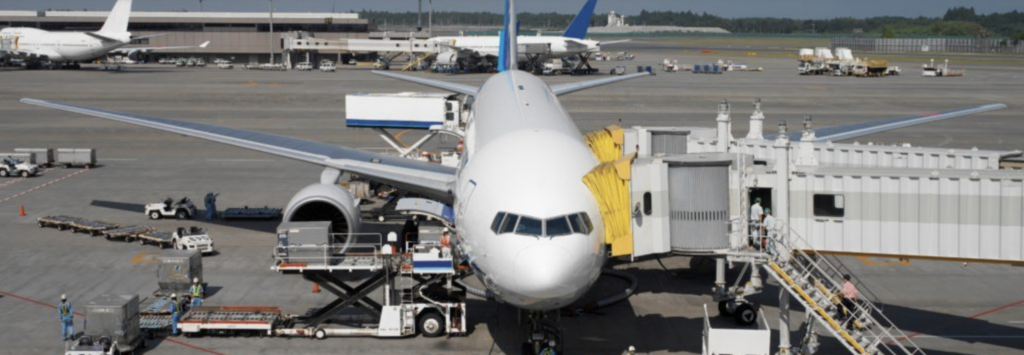
A new study released by researchers with the Aviation Public Health Initiative, a project of the Harvard T.H. Chan School of Public Health, finds that “through a layered approach to risk mitigation, the scientific evidence shows a low risk of SARS-COV-2 transmission on aircraft.”
Face Masks: An Essential Public Measure While Traveling
Related: CommonPass Makes a Successful Landing at EWR


Key findings:
- There is a very low risk of virus transmission on airplanes because airlines have put in place multiple layers of mitigation including hospital-grade air filtration and ventilation, mask requirements, significant disinfection, boarding and deplaning practices, and health forms that travelers complete prior to flights
- Airplane ventilation is so effective that it reduces the possibility of exposure to COVID-19 to a point that it “effectively counters the proximity travelers are subject to during flights”
- Because of the frequent exchange of air on planes coupled with the use of HEPA filters, over 99% of the particles containing the virus are removed from cabin air
- A layered non-pharmaceutical intervention approach, with ventilation gate-to-gate, reduces the risk of SARS-CoV-2 transmission onboard aircraft below that of other routine activities during the pandemic, such as grocery shopping or eating out.
Read more here: Harvard T. H. Chan School of Public Health

Leave a Reply